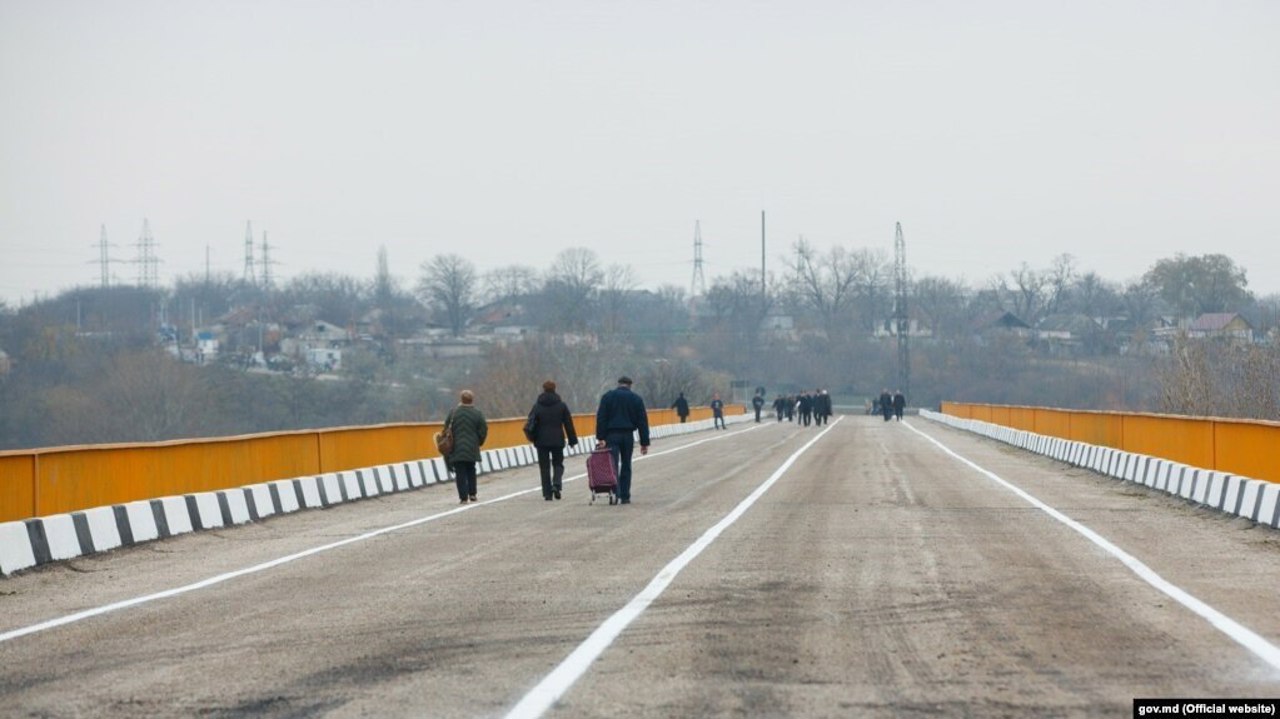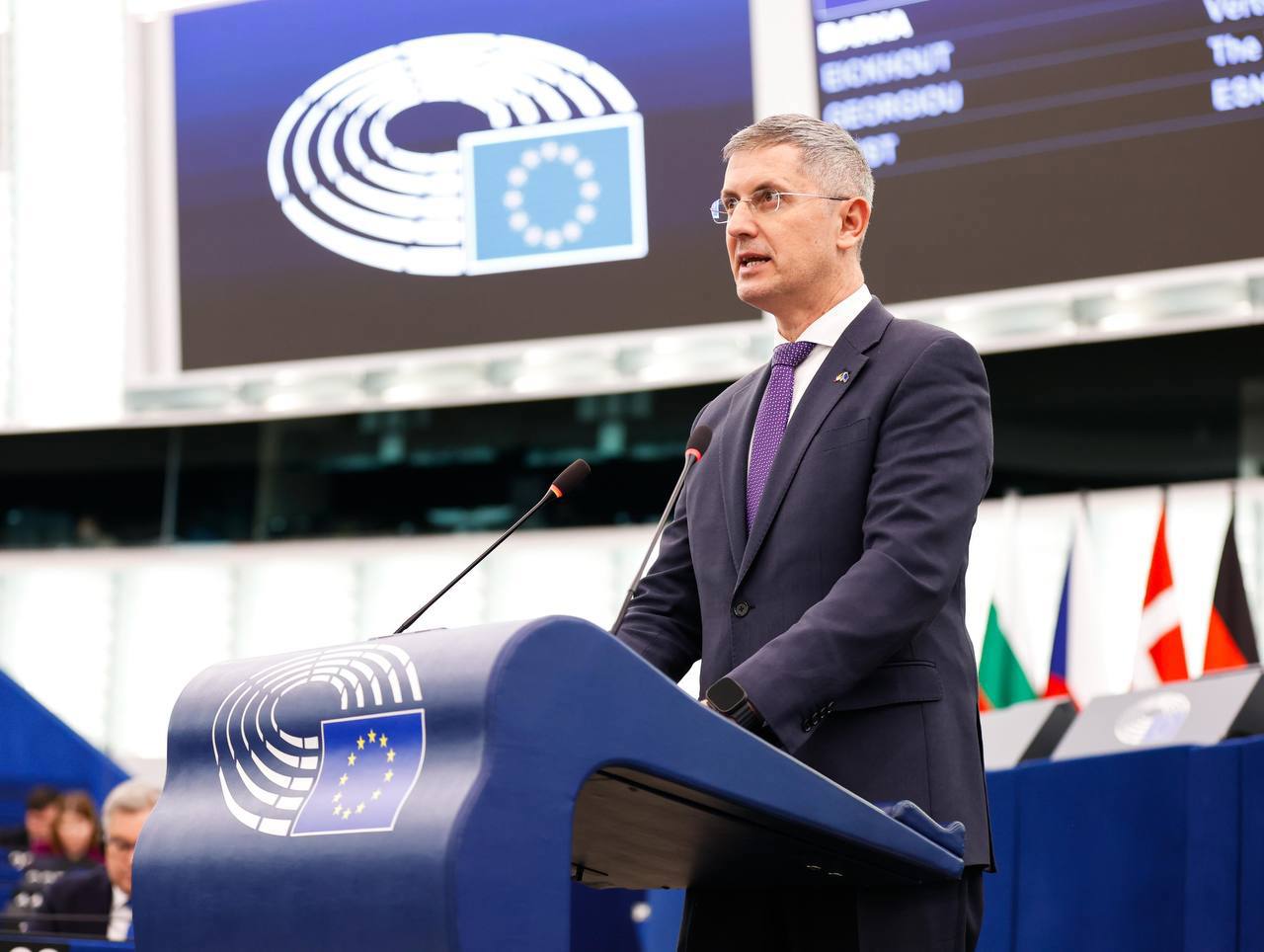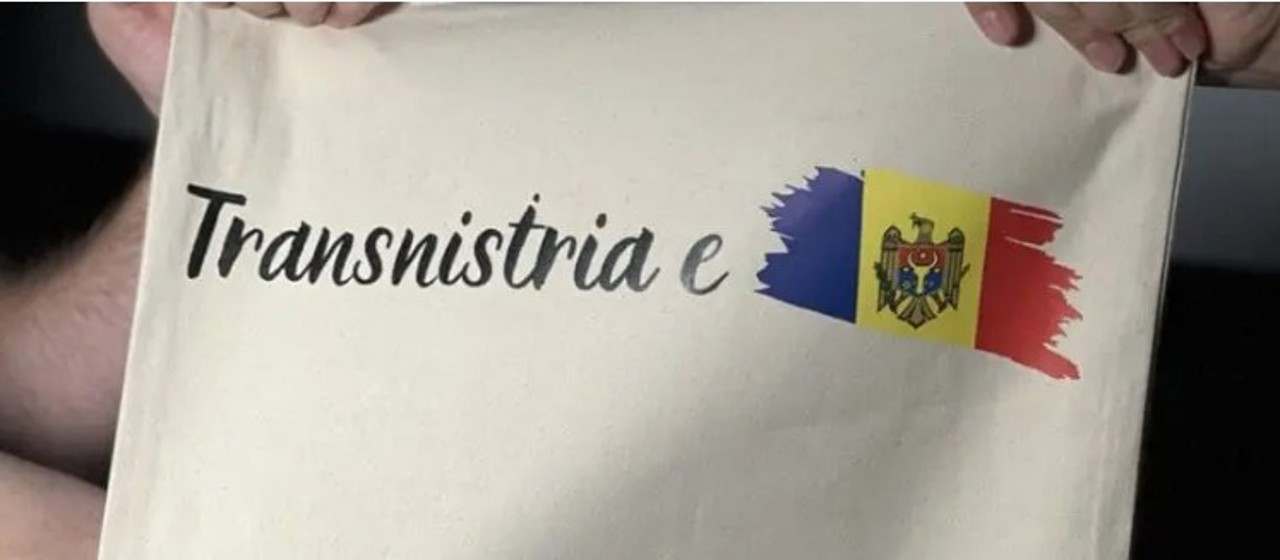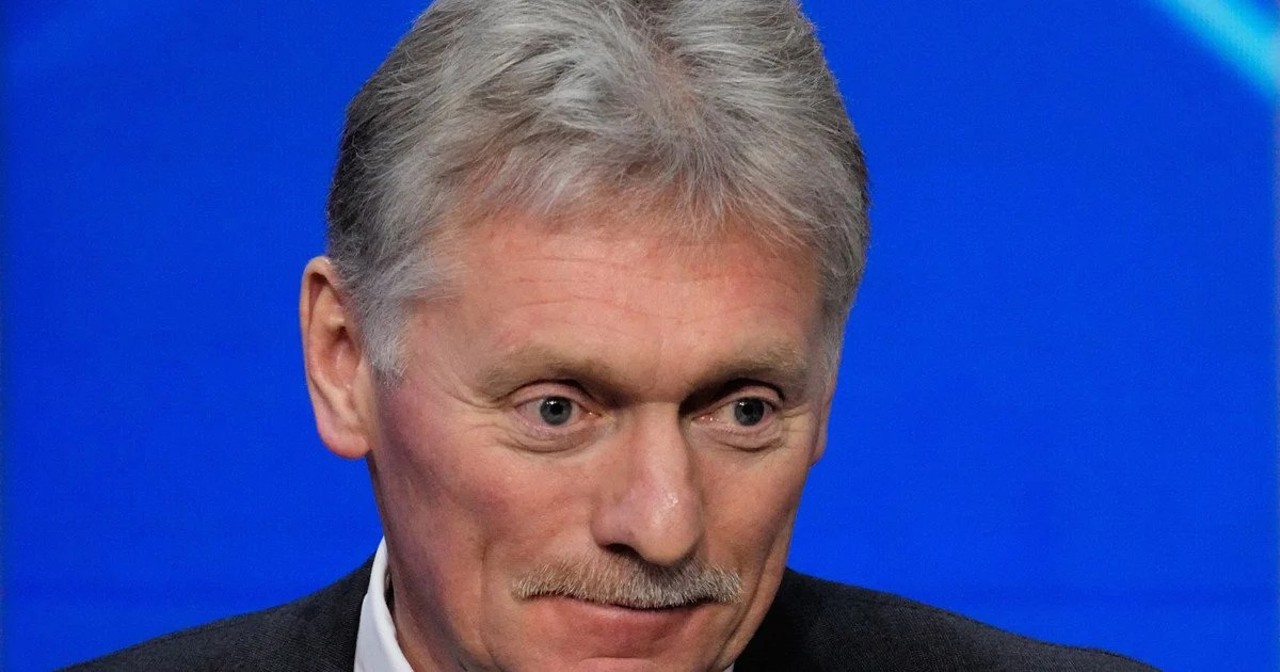Transnistrian region extends economic emergency amid energy crisis
The economic state of emergency remains in place in the Transnistrian region.

The announcement was made by Vadim Krasnoselsky, the self-proclaimed leader of Tiraspol, via his Telegram account. According to him, the energy crisis has underscored the importance of building up alternative fuel reserves, and he mentioned that the purchase of firewood continues in the region. Krasnoselsky also noted that decisions on the return of children to schools and kindergartens will be made locally.
“We will not stop local boiler production under any circumstances, whether for private consumers or organizations,” Krasnoselsky stated, adding that “it will take a long time to develop areas like green energy on a broader scale.”
Regarding the functioning of schools and kindergartens, the self-proclaimed leader of Tiraspol expressed his belief that “now is not the time for centralization efforts.” The administration claims that in some institutions, the temperature regime has been maintained with alternative heating sources, while in others, the walls remain frozen. Currently, 62 educational institutions are operating as usual: 35 kindergartens, 23 schools, and four correctional facilities. Around thirty more schools and an equal number of kindergartens in the Transnistrian region will reopen tomorrow. Starting Thursday, seven preschool and special education institutions that had been running on a half-day schedule due to heating shortages will resume normal hours.
It is worth noting that the state of economic emergency was declared in the Transnistrian region in mid-December 2024. The territory east of the Dniester River was struck by an unprecedented energy crisis, caused by Gazprom’s disruption of gas supplies to the region. Since February 1, for the first time in 35 years, the Transnistrian region of the Republic of Moldova has been receiving natural gas from the European Union.
Translation by Iurie Tataru




